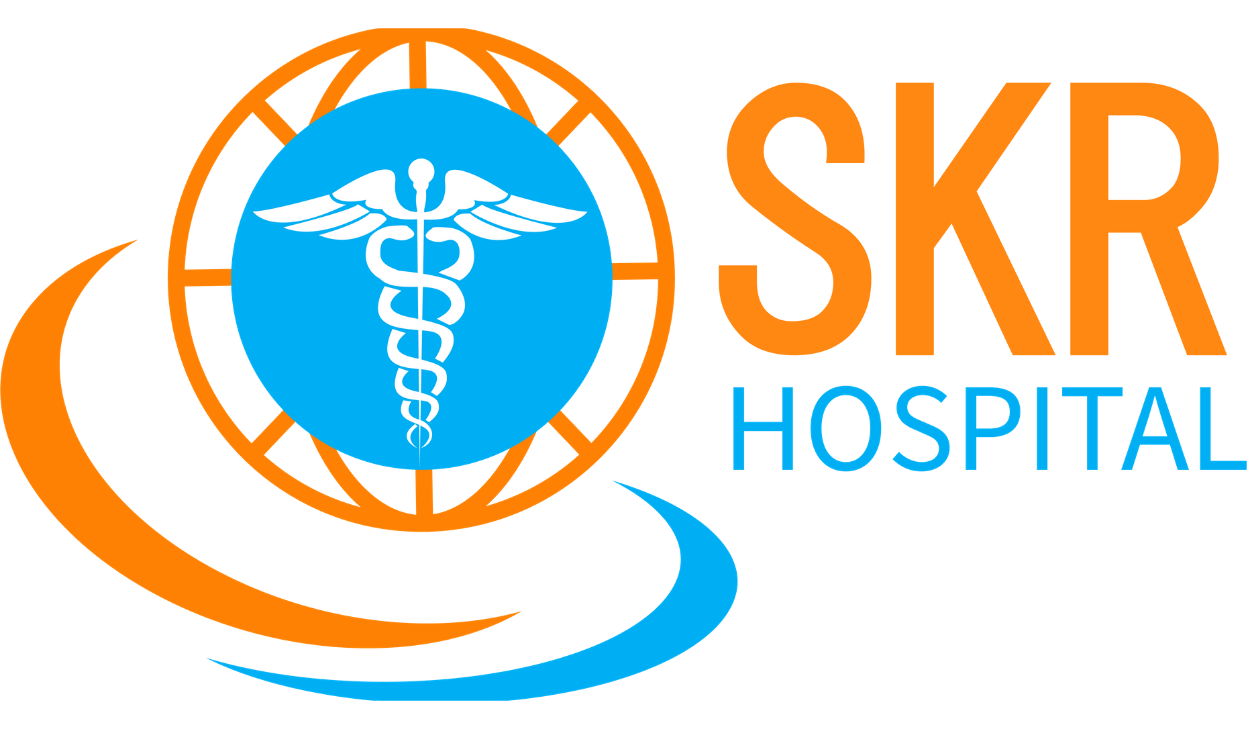What is a Maxillofacial Surgeon?
Maxillofacial surgeons, sometimes called oral and maxillofacial surgeons, are trained to handle a wide variety of conditions and injuries that affect the head, neck, mouth, jaw, and face.
What Does a Maxillofacial Surgeon Do?
Maxillofacial surgeons are qualified to treat a number of conditions related to the head and neck area, including:
- Misaligned jaws
- Impacted wisdom teeth
- Oral reconstructive surgery
- Cancers of the head and neck
- Dental implants
These surgeons are also trained in anesthesia and pain control, with a focus on anesthesia that allows you to walk out of the office at the end of your appointment.
In general, maxillofacial surgeons perform surgeries to correct problems or make cosmetic changes. These surgeries are generally outpatient procedures. They will also provide you with a course for recovery after the surgery and may offer follow-up appointments.
When Do You Need Maxillofacial Surgery?
Maxillofacial surgery is a more advanced form of oral surgery. A maxillofacial surgeon can do everything an oral surgeon can do, and much more besides. An oral and maxillofacial surgeon holds a medical degree and has extensive training in dental medicine.
While an oral surgeon is unable to perform the most advanced oral surgical procedures, there are no limitations on the types of dental surgery that a maxillofacial surgeon can perform. This means that they can perform tooth extractions, dental implants, gum surgery, and more.
If you have an issue that extends beyond the mouth, you may require a maxillofacial procedure. For example, if you have an abnormality of the nasal cavity, a maxillofacial surgeon may be able to perform a procedure to correct it.
Maxillofacial surgeons are often called to treat patients who have sustained some sort of trauma to the face. Trauma consists of a sudden, violent blow that often causes bones to break and may lead to facial disfiguration.
Sometimes you may develop abnormal growths in the area of your head, neck, or mouth. These growths can be benign, meaning they are harmless, or malignant, meaning they are cancerous. A maxillofacial surgeon can distinguish the difference between the two and treat accordingly. The following are conditions that may require the expertise of an oral and maxillofacial surgeon:
- Bite abnormality (dysgnathia)
- Chronic facial pain
- Cleft lip and/or palate
- one-fused dental implants
- Difficult tooth extractions

